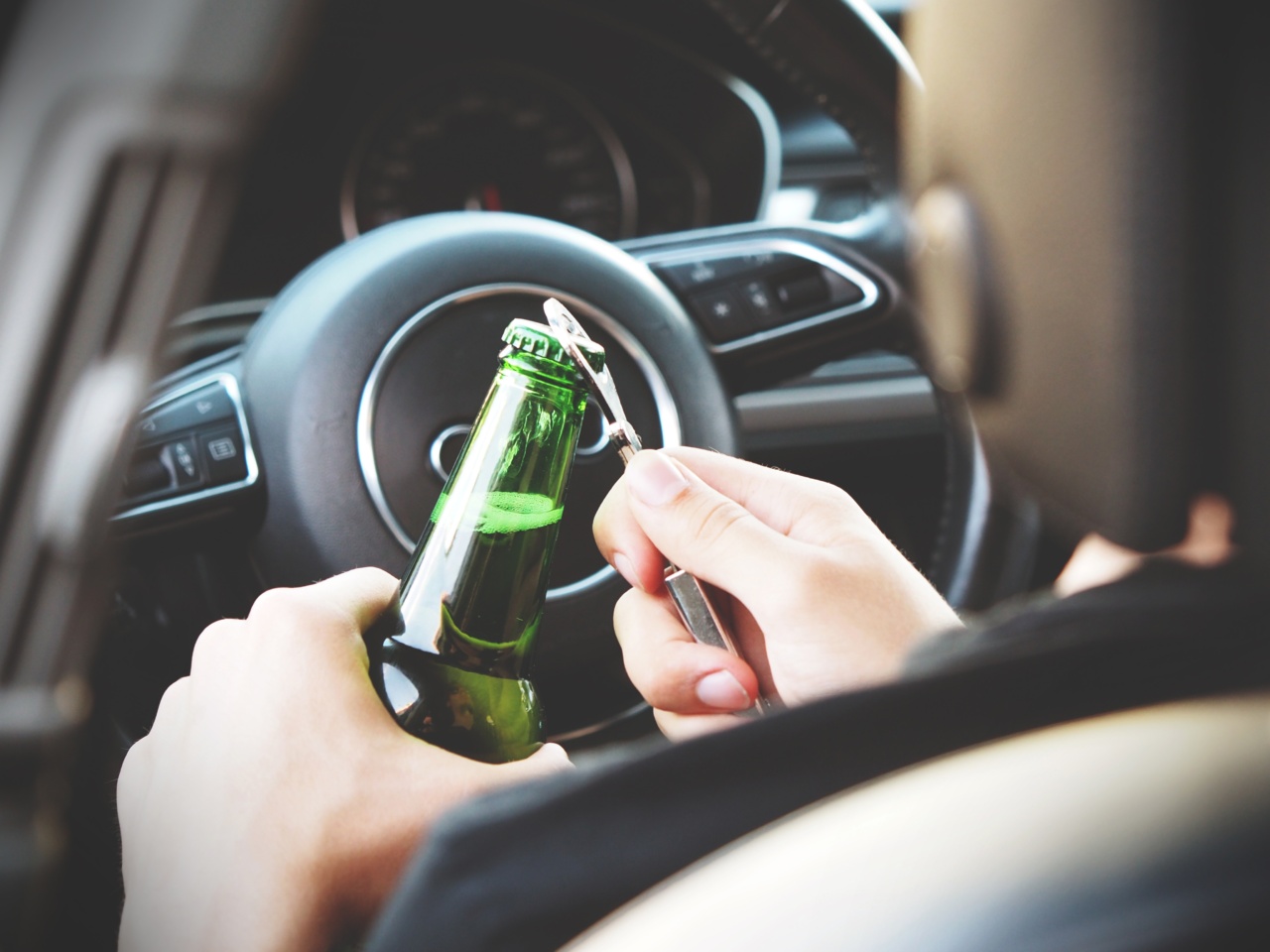Alcohol is a popular beverage that is consumed by many people around the world. It is often consumed during social gatherings and is considered a way to relax and unwind after a hard day’s work.
However, for people who suffer from allergies, alcohol can be dangerous. In this article, we will take a closer look at the dangers of alcohol for allergy sufferers.
Allergic Reactions to Alcohol
Like many foods, alcohol can be a trigger for allergic reactions. Some common allergic reactions to alcohol include:.
- Itching and hives
- Flushing
- Nausea
- Vomiting
- Shortness of breath
- Anaphylaxis – a severe and life-threatening allergic reaction
People who already have a pre-existing allergy to a certain substance are more likely to experience an allergic reaction to alcohol.
For example, people with a known allergy to wheat may experience an allergic reaction when consuming beer or other alcoholic drinks that contain wheat.
Alcohol and Histamine
Alcohol consumption can also cause an increase in histamine levels in the body. Histamine is a naturally occurring chemical that is released by the body’s immune system in response to an allergic reaction.
When histamine levels rise, allergy symptoms such as hay fever and asthma may worsen.
Alcoholic drinks that are high in histamine include:.
- Red wine
- Beer
- Champagne
- Vodka
- Gin
If you suffer from hay fever or asthma, it is recommended to avoid consuming alcohol that is high in histamine.
Sulfites in Alcohol
Another potential trigger for allergic reactions in alcohol is sulfites. Sulfites are used as a preservative in many types of alcoholic drinks. They are added to help extend the shelf life of the drink and prevent spoilage.
Some people may have a sensitivity or allergy to sulfites. Symptoms of a sulfite allergy can include:.
- Hives and itching
- Swelling of the face, throat, or tongue
- Wheezing and difficulty breathing
- Stomach cramps and diarrhea
- Anaphylaxis – a severe and life-threatening allergic reaction
Alcoholic drinks that are high in sulfites include:.
- Wine
- Champagne
- Cider
- Beer
- Liquor
If you think you may be sensitive or allergic to sulfites, it is recommended to check the label of the drink before consuming it.
Alcohol and Food Allergies
For people with food allergies, consuming alcoholic drinks can also be risky. Some alcoholic drinks, such as beers and ales, are made with grains that contain gluten. This can be a problem for people with celiac disease or gluten intolerance.
In addition, some alcoholic drinks may contain ingredients that people are allergic to, such as nuts or fruits. It is important to check the label of the drink or ask the bartender about the ingredients before consuming it.
Alcohol and Medications
Another risk for allergy sufferers who consume alcohol is the potential interaction with medications. Some medications may interact negatively with alcohol, causing allergic reactions or other side effects.
If you are taking medication for allergies or any other medical condition, it is important to speak with your healthcare provider before consuming alcohol to avoid any potential risks or complications.
Conclusion
While alcohol is often seen as a way to unwind and relax, it can be dangerous for allergy sufferers. Allergic reactions to alcohol can be severe, and it is important to be aware of the potential risks when drinking.
If you suffer from allergies and choose to consume alcohol, it is recommended to speak with your healthcare provider first, and to always read the label of the drink before consuming it.































